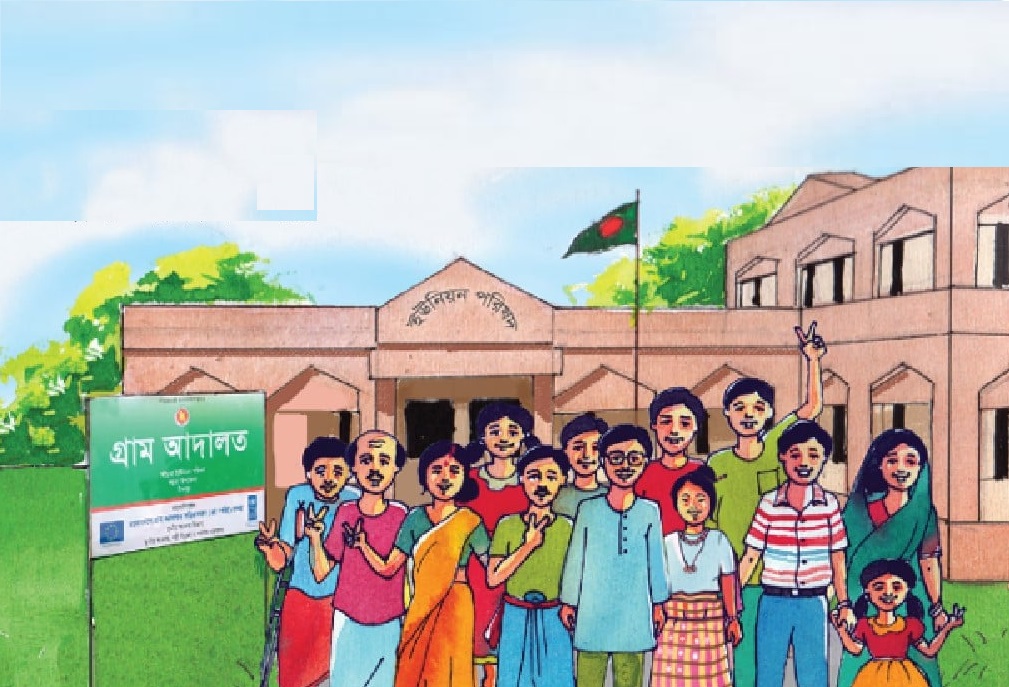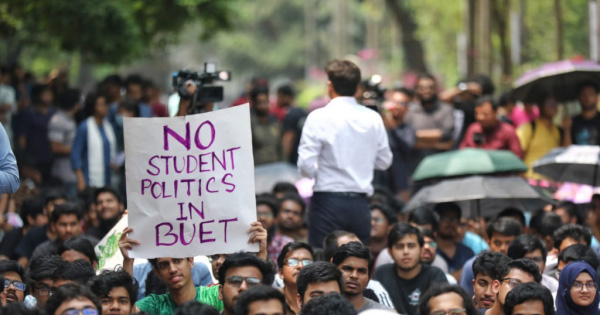Introduction
Bangladesh is grappling with a dual crisis: economic turbulence marked by a precipitous decline in foreign currency reserves, and a significant democratic deficit manifested in the suppression of opposition parties. This critical journal delves into the economic and political challenges facing Bangladesh, examining their historical context, current manifestations, and future implications.
Economic Turbulence
Decline in Foreign Currency Reserves
Bangladesh’s foreign currency reserves have experienced a sharp decline, plummeting below $30 billion for the first time in nearly seven years. This alarming trend has raised significant concerns about the nation’s financial stability. Just a year ago, reserves stood at a robust $41.82 billion, but they have since dwindled due to several factors, including substantial import bills and a global economic downturn exacerbated by geopolitical events such as the Russian invasion of Ukraine.
The reserve depletion underscores deeper systemic issues within the Bangladeshi economy. A significant factor contributing to this decline is the government’s short-term focus, driven by imminent national elections. Policymakers seem more concerned with immediate political gains rather than implementing necessary long-term economic reforms. This myopic approach risks further destabilizing the economy, as delaying essential reforms could exacerbate the current crisis. The substantial payment of $1.1 billion in import bills to the Asian Clearing Union (ACU) for March and April starkly illustrates the pressure on reserves. This has led to a stabilization of monthly import expenditure at around $6.5 billion, reflecting the country’s struggle to manage its import commitments. The International Monetary Fund (IMF) had projected that Bangladesh’s reserves would fall below $30 billion by the end of the 2022-23 financial year, a forecast that has now been realized.
The continuous depreciation of the Bangladeshi taka against the US dollar, coupled with the government’s reluctance to adopt market-oriented exchange rate regimes, has compounded inflationary pressures. Since February last year, the taka has depreciated by nearly 28 percent, yet substantial measures to mitigate the adverse effects on imports and exports remain lacking. Inflation, particularly in food prices, surged to 9.93 percent in October, significantly overshooting the government’s target of 6 percent. This persistent inflation erodes the purchasing power of ordinary citizens, disproportionately affecting vulnerable households.
The erosion of foreign currency reserves highlights vulnerabilities in the nation’s economic framework and the urgent need for comprehensive policy reforms. The government’s apparent short-term focus, influenced heavily by the political landscape, risks further economic destabilization. Key recommendations from the IMF, including monetary tightening, supported by a neutral fiscal policy and enhanced exchange rate flexibility, have not been fully embraced, showcasing a priority misalignment where political considerations overshadow economic prudence. The lack of structural reforms and the reliance on short-term fixes reflect a broader issue of governance and accountability. The government’s hesitation to implement necessary economic policies until after the elections showcases a misalignment of priorities, undermining investor confidence and stifling the country’s potential for sustainable growth. The continued erosion of foreign currency reserves poses a significant risk to Bangladesh’s ability to meet its international obligations, potentially triggering capital flight and further weakening the economy.
Democratic Deficit
Suppression of Opposition Parties
The political landscape in Bangladesh is marred by the repression of opposition parties, particularly the Bangladesh Nationalist Party (BNP). Recent events in Sylhet, where BNP leaders and activists have been arbitrarily arrested ahead of the city corporation elections, highlight this trend. BNP leaders allege that these arrests are politically motivated, aimed at creating a climate of fear to suppress opposition voices and ensure a smooth path for the ruling Awami League’s candidates.
Despite BNP’s announcement that it would not participate in the city corporation election, the police have reportedly intensified their crackdown on BNP activists. The use of old case warrants and vague charges, such as “obstructing government work” or “assaulting police officers,” has been criticized as a tactic to suppress political dissent. The personal impact of these arrests is profound, with families of detained activists expressing fear and uncertainty. The political struggle between the BNP and the Awami League (AL) has deep roots in Bangladesh’s history. This conflict dates back to the late 1970s when both parties emerged as the dominant political forces in the country. The rivalry is rooted in ideological differences, personal vendettas, and power struggles. Over the years, this rivalry has often manifested in violent clashes, electoral rigging, and allegations of corruption and human rights abuses from both sides. The international community and human rights organizations have frequently expressed concern over the political violence and repression in Bangladesh. Organizations like Human Rights Watch and Amnesty International have condemned the arbitrary arrests and called for the protection of political freedoms. Western governments have also urged the Bangladeshi government to ensure free and fair elections and to respect the rights of opposition parties. The suppression of opposition voices through arbitrary arrests, fabricated charges, and physical violence poses a grave threat to the democratic fabric of Bangladesh.
The continued repression of BNP activists and leaders could have significant long-term effects on Bangladesh’s political landscape. If opposition parties are unable to participate freely in the political process, the legitimacy of future elections could be called into question, leading to further political instability and undermining public confidence in democratic institutions. Moreover, the economic challenges, if not addressed, could exacerbate the political crisis. The government’s failure to implement comprehensive economic reforms could lead to a loss of confidence among international investors and partners, triggering capital flight and further weakening the economy. This could create a vicious cycle of economic and political instability, threatening the country’s development and growth prospects.
Conclusion
Bangladesh is at a critical juncture, facing significant economic and democratic challenges. The decline in foreign currency reserves and the suppression of opposition parties reflect deeper systemic issues within the country’s economic and political framework. Addressing these challenges requires a decisive and comprehensive overhaul of policies that prioritize long-term stability over short-term political considerations. The government must implement necessary economic reforms, uphold democratic principles, and ensure the protection of political freedoms to restore public confidence and ensure sustainable growth. The international community and human rights organizations must continue to monitor the situation and advocate for the protection of democratic freedoms in Bangladesh. Only through a collective effort can the tide of political repression and economic instability be turned, ensuring a more just and democratic society for all.







